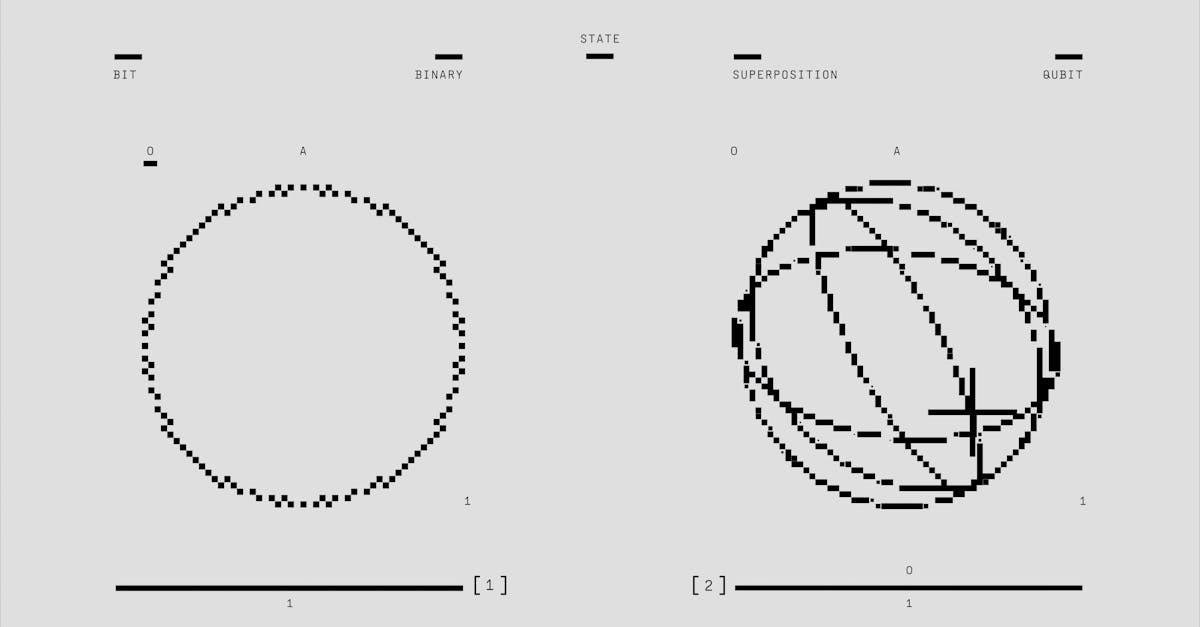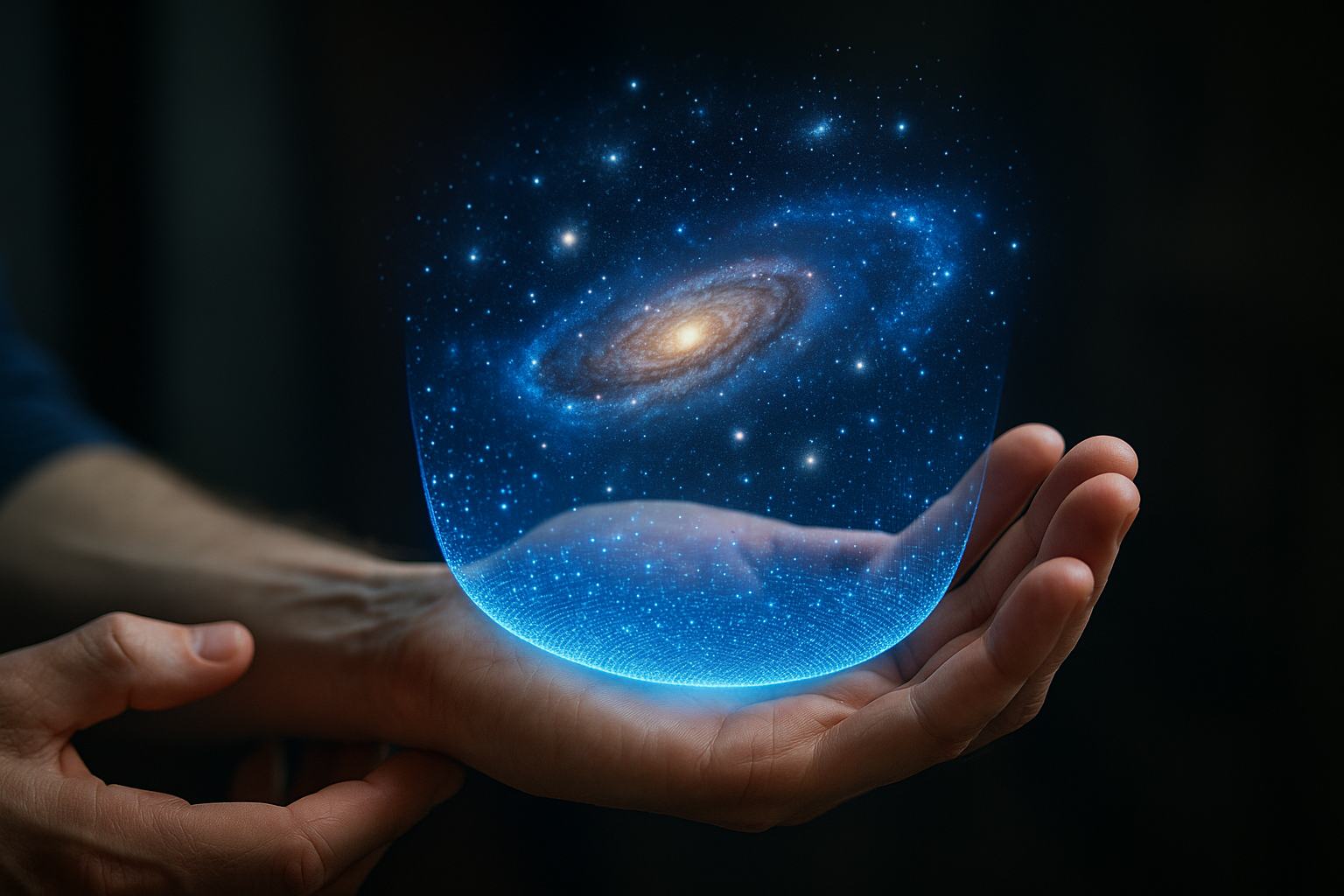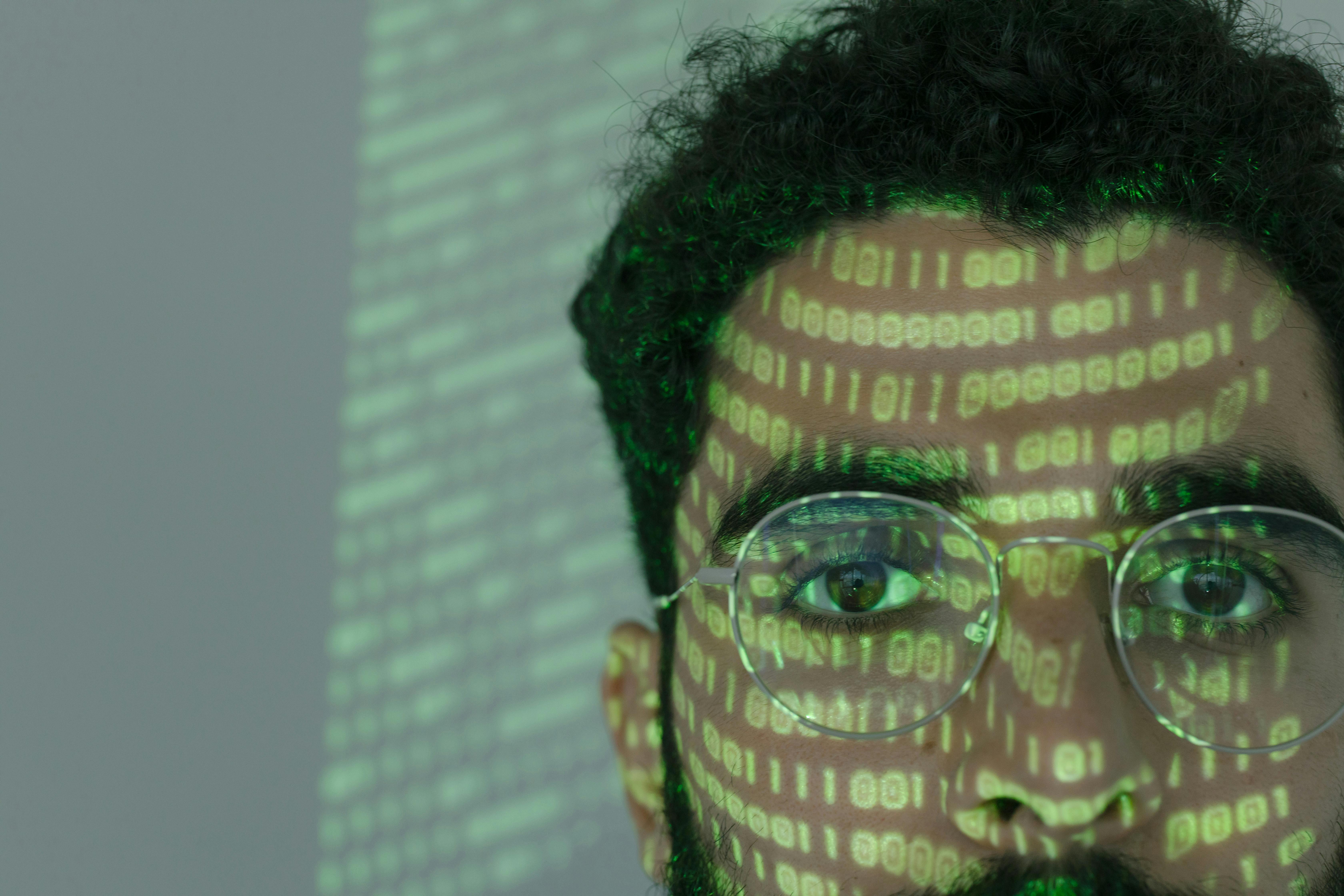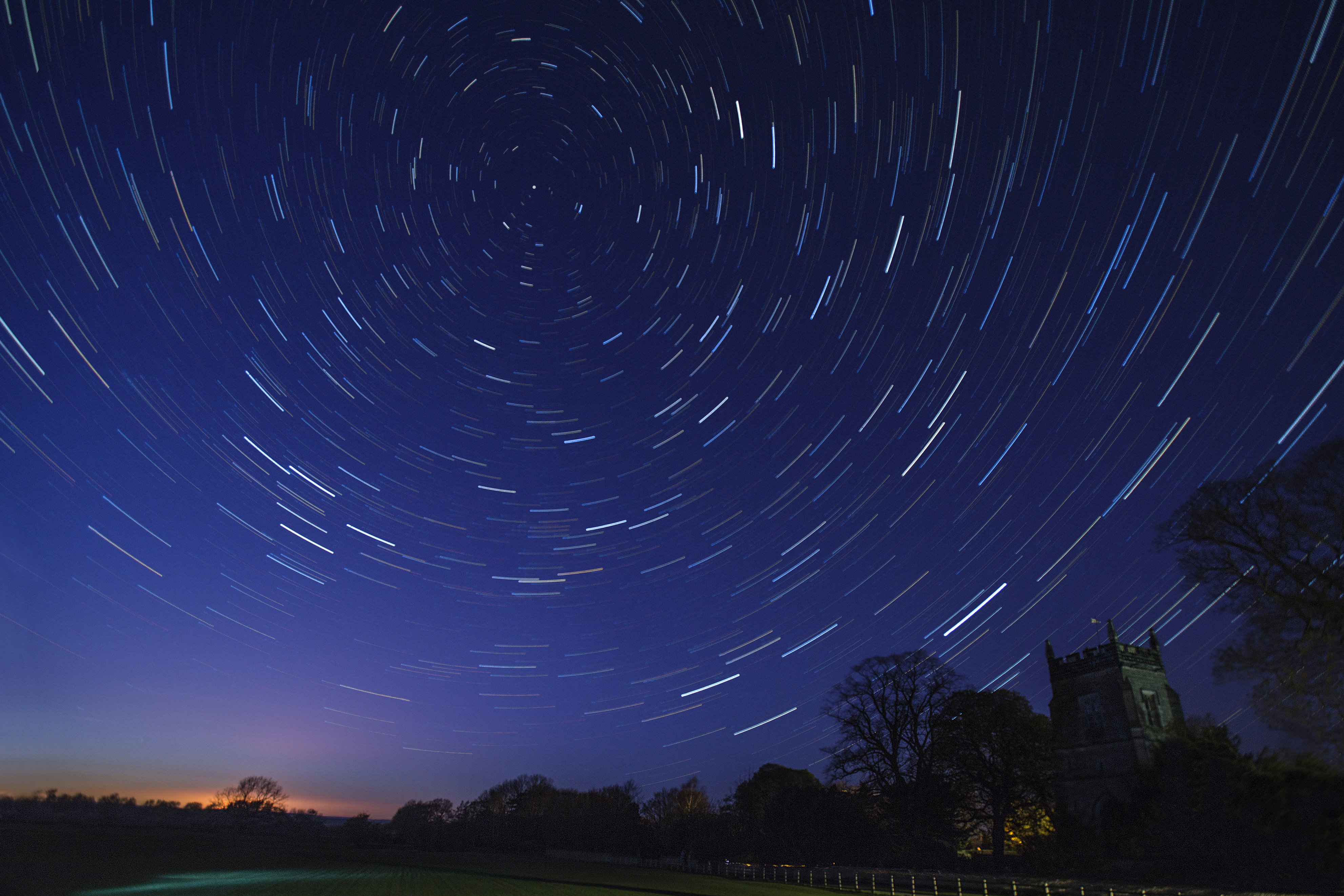7 Mind-Bending Science Facts That Will Break Your Reality
In the vast tapestry of the universe, science often uncovers truths that stretch the boundaries of our understanding, challenging the very fabric of reality. Our perception of the world is shaped by what we can observe, yet numerous scientific revelations suggest that what we perceive is only a fraction of a much larger, more complex picture. This article delves into seven mind-bending science facts that not only defy conventional wisdom but also invite us to question the nature of existence itself. From the perplexing behaviors of quantum particles to the mysterious forces shaping our cosmos, prepare to embark on a journey that will expand your mind and redefine your grasp of reality.
Quantum Entanglement: The Spooky Action at a Distance

Quantum entanglement is a phenomenon that Albert Einstein famously referred to as "spooky action at a distance." It describes how particles, once entangled, remain connected in such a way that the state of one instantly influences the state of the other, regardless of the distance separating them. This defies classical physics, where information should not travel faster than the speed of light. Experiments have confirmed that entangled particles can communicate instantaneously, hinting at a deeper layer of reality where space and time as we know them don't apply. This challenges our understanding of locality and causality, suggesting a universe more interconnected than previously imagined.
The Holographic Principle: A Universe Projected

The holographic principle posits that our entire universe might be a two-dimensional surface projecting a three-dimensional reality. This idea stems from the study of black holes, where physicists discovered that the information about objects swallowed by a black hole could be encoded on its two-dimensional boundary. If applicable to the universe, it implies that all the information contained within our cosmos is stored on a massive, cosmic hologram. This mind-bending theory suggests that the world we experience as three-dimensional might be an elaborate illusion, fundamentally altering our understanding of space and existence.
Time Dilation: The Elastic Fabric of Time

Time dilation, a cornerstone of Einstein’s theory of relativity, reveals that time is not a constant, universal flow but a malleable dimension influenced by gravity and velocity. As objects move faster or reside in stronger gravitational fields, time for them slows relative to others. This has been demonstrated with precise atomic clocks on airplanes and satellites, which tick slightly slower than those on Earth. This phenomenon means that astronauts traveling at high speeds age more slowly than those on Earth, suggesting that time is not an absolute measure but a flexible construct, reshaping our perception of past, present, and future.
Dark Matter and Dark Energy: The Invisible Architects

Comprising about 95% of the universe, dark matter and dark energy are invisible forces that govern the cosmos. Dark matter, though undetectable by direct observation, exerts gravitational forces that influence the structure and behavior of galaxies. Dark energy, on the other hand, is believed to be responsible for the accelerating expansion of the universe. Despite their critical roles, these entities remain elusive, challenging our understanding of the universe's composition. Their existence implies that the majority of what constitutes reality is beyond our direct perception, urging scientists to rethink the fundamental laws of physics.
The Multiverse Theory: Beyond the Known Universe

The multiverse theory suggests that our universe might be just one of countless others, each with its own distinct laws of physics and realities. This concept arises from various scientific theories, including quantum mechanics and cosmology, which propose that different possible outcomes of quantum events could spawn separate, parallel universes. The multiverse challenges the notion of a singular reality, offering a perspective where infinite possibilities exist simultaneously. If true, it redefines our place in the cosmos, suggesting that the universe we inhabit is just a small part of an unimaginably vast and diverse multiverse.
The Observer Effect: Reality Altered by Observation

In quantum physics, the observer effect describes how the act of observation can alter the state of a particle. Experiments, such as the famous double-slit experiment, demonstrate that particles like electrons behave differently when observed, shifting from a wave-like state to a particle-like state. This phenomenon suggests that consciousness might play a role in shaping reality, blurring the line between the observer and the observed. It raises profound questions about the nature of reality and the role of human perception, hinting at a universe where consciousness and physical matter are intricately linked.
Biological Immortality: The Quest for Eternal Life

In the realm of biology, certain species exhibit what scientists call "biological immortality," a state where they do not age in the conventional sense. Organisms like the jellyfish Turritopsis dohrnii can revert to earlier stages of their life cycle, effectively bypassing death. This phenomenon challenges our understanding of life and mortality, suggesting that aging is not an inevitable process but a biological mechanism that could potentially be altered. The study of these organisms offers insights into the aging process, fueling research that aims to extend human lifespan and redefine the limits of life.
Embracing the Unknown

As we explore these mind-bending scientific facts, it becomes clear that reality is far more complex and enigmatic than our everyday experiences suggest. Each discovery invites us to question our assumptions and expand our understanding of the universe. While these concepts challenge the boundaries of conventional wisdom, they also offer a glimpse into the profound mysteries that lie beyond our current comprehension. Embracing these scientific revelations not only enriches our knowledge but also inspires a sense of wonder and curiosity about the world, urging us to continue exploring the unknown in our quest for truth.







